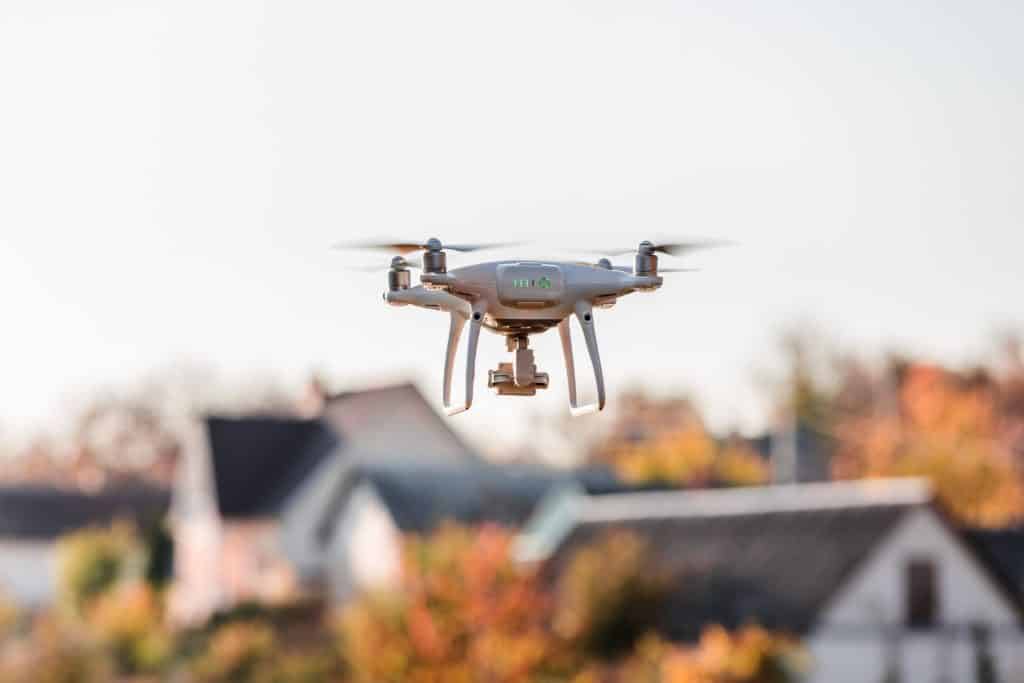
On 27th January 2020 the government acted to give police forces across the country new powers to tackle the issue of misuse of unmanned aircraft, including drones. The new legislation, the Air Traffic Management and Unmanned Aircraft Bill, will give the police new powers to land, inspect and seize drones if an offence has been committed and a warrant is secured.
Certain offences could see drone users face immediate fines, such as failing to provide evidence that they have the correct permissions and exemptions if found to be flying their device too high or too close to buildings or failing to provide evidence of competency or registration.
The bill will also grant the Transport Secretary new powers to ensure that airports modernise their airspace, delivering quicker, quieter and cleaner journeys. Modernising flight paths and the infrastructure of the sky will help reduce CO2 emissions for aviation, minimise noise for those near flightpaths and improve punctuality for passengers.
Baroness Vere, Transport Minister, comments:
“Drones have incredible potential, whether that’s by transforming how we move goods around or saving lives in search and rescue missions. Most people using drones want to do so responsibly, and we encourage them to familiarise themselves with the law. We are confident these police powers will be used proportionately to both deter careless drone use and to tackle serious, malicious criminal activity”.
Police will also now have the power to stop and search around airports, prisons and other restricted areas. It amends the Police Act 1997 to allow the police and senior prison authorities to authorise the use of counter-drone measures to combat illegal drone use.
Brandon Lewis, Security Minister, says:
“This bill is a vital part of the government’s strategy to tackle the illegitimate use of drones and protect the UK’s growing drone industry. For the UK to establish itself as a global leader in this exciting technology it is vital that police have the powers to crack down on those who intend to use drones to cause harm or disruption”.
This is just the latest action from government to ensure drones and other unmanned aircraft are used safely and responsibly. In October 2019, the government published its counter-drone strategy and in November 2019 it became mandatory for operators of small unmanned aircraft to register themselves and take an online competency test, with 80,000 having registered so far.
